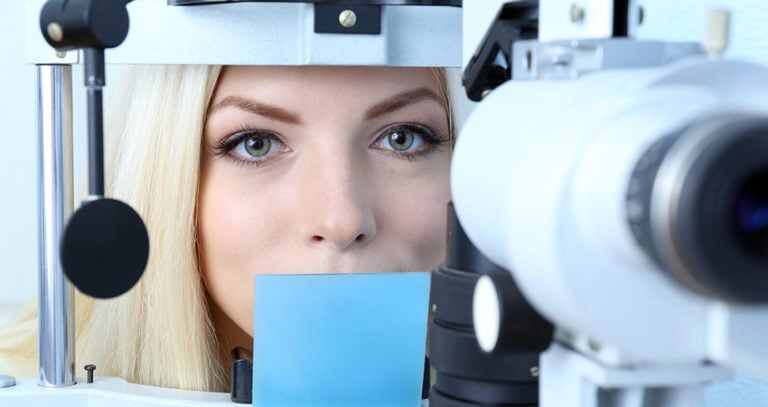Contact lenses are a very popular choice for many Americans in regards to vision correction. If used properly, contacts are a relatively safe and effective way of combating vision problems, but according to the Center for Disease Control (CDC) approximately 99% of contact wearers, 18 years of age and above, commit at least one contact lens hygiene-related risk. It is estimated that 40.9 million adults in the United States wear contact lenses, which means that approximately 40.5 million of them are at risk of developing an eye infection due to risky hygiene-related behaviors.
It is easy for people to forget that contact lenses are a medical device, because they seem to just become a part of our daily routine. We convince ourselves that it is okay to start cutting corners and regularly commit the following hygiene-related fouls:
- Re-using daily disposable contacts.
- Sleeping in our contacts.
- Swimming with our contacts in.
- Topping off old contact cleaning solution, instead of emptying and cleaning the case.
- Keep contact lens cases for longer than recommended.
There are nearly one million health care visits in the U.S. alone for keratitis—an inflammation of the cornea that is generally attributed to poor contact lens hygiene—or other contact lens related complications every year. All these health care visits combined pile up to a sizable $175 million spent annually by Americans alone!
A recent severe case of contact lens related infection occurred in Cincinnati, Ohio. Chad Groeschen (pictured below), developed a corneal ulcer which became infected with Pseudomonas bacteria after leaving his contacts in for almost an entire week.
Within only a few days of leaving his contacts in, Groeschen lost sight in his left eye and will now, most likely, require a corneal transplant to restore his sight.
Sleeping with contact lenses is a major issue because they act as a barrier on your eye and while contact lenses do allow for some oxygen to reach the cornea, when combined with a closed eyelid you run the risk of depriving your eye of oxygen. This occurs even with the FDA approved overnight wear contacts. The porous nature of the contact lens acts as a sponge and can absorb bacteria, which after prolonged exposure can cause your eye to get infected.
If you wear contacts, the best thing you can do to keep your eyes healthy is to maintain good contact hygiene. Here are some helpful hygiene tips:
- Don’t overuse your contact lenses: Don’t try to get repeated uses out of a daily disposable contact lens, or use any contact lens longer than the prescribed amount of time.
- No swimming while wearing contacts: Avoid contact with the water while wearing contact lenses.
- Clean lenses regularly with cleaning solution: Tap water doesn’t cut it! Some bacteria can still be found in your tap water that can cause eye infections.
- Don’t sleep with contacts in: Regardless of what your contact lenses claim they allow you to do, take your contact lenses out before you go to sleep!
- Replace contact lens cleaning solution in lens case regularly: Don’t simply add new cleaning solution on top of your old, thoroughly clean out your case and add fresh cleaning solution.

